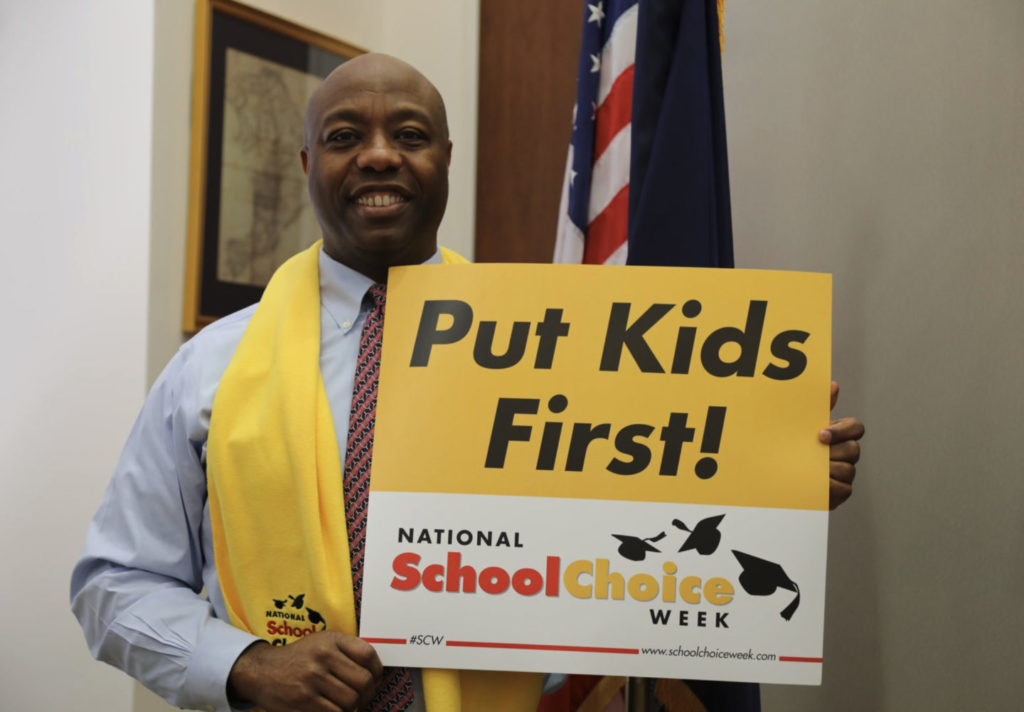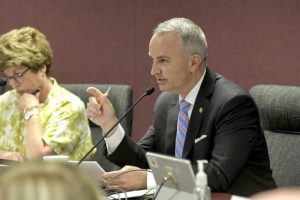Senate push to protect charter schools from Biden admin rule dies on the floor in 49-49 tie
A joint resolution aimed at protecting charter schools failed to attain majority support in a vote ending a 49-49 tie on Wednesday.
S.J. Res. 60, led by Sen. Tim Scott, R-South Carolina, was a…

A joint resolution aimed at protecting charter schools failed to attain majority support in a vote ending a 49-49 tie on Wednesday.
S.J. Res. 60, led by Sen. Tim Scott, R-South Carolina, was a joint resolution expressing congressional disapproval of the Department of Education’s new rule regarding public charter schools.
The rule requires that new charters prove community need – such as over-enrollment in existing schools – before offering an alternative, the Pacific Legal Foundation reported. The rule also allows existing public schools to veto possible charter school competitors during this process.
It also requires charter schools to maintain a racial balance equivalent to the surrounding community, making it difficult for schools to serve a greater number of minority students.
As a result of the Senate’s decision, “innovative schools in minority neighborhoods will find it harder to compete, and antagonistic traditional public schools will be emboldened to thwart competition,” Adam Kissel, visiting fellow at the Heritage Foundation, told The Lion.
Scott and his fellow supporters of the resolution objected to the department’s rule, arguing it contradicted Congress’s directive to encourage charter schools in the United States.
“Time and time again, [the Biden] administration has bowed to big-labor unions and liberal extremists at the expense of children’s futures,” Scott said in September. “Now they are outdoing themselves with rules that will undermine charter schools – tuition-free, top-notch public education options that serve primarily disadvantaged students.”
Studies have shown that public charter schools demonstrate greater student achievement than traditional district schools and are a welcome alternative to low-income and minority families.
But the school choice movement continues to have momentum.
“Education freedom is better funded at the state and local level and through private donations rather than by federal programs,” said Kissel, who is also the chairman of the West Virginia Professional Charter School Board. “We have seen massive advances for school choice in the past few years. The momentum is with the states and with families who have been taking action.”



